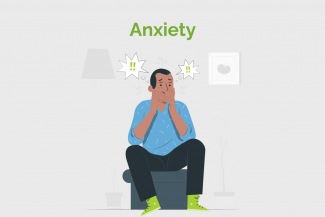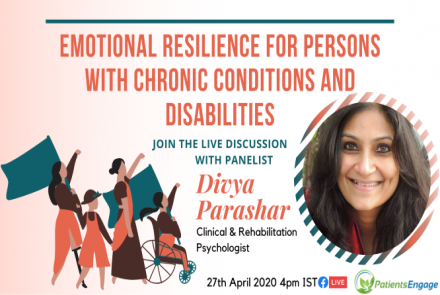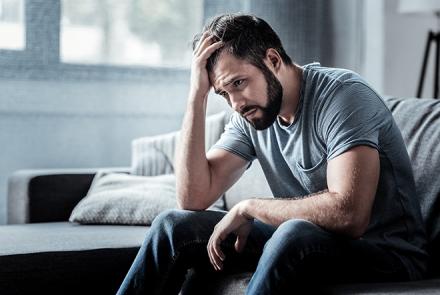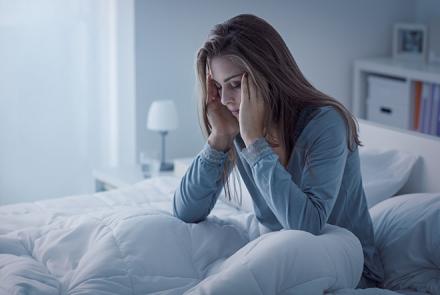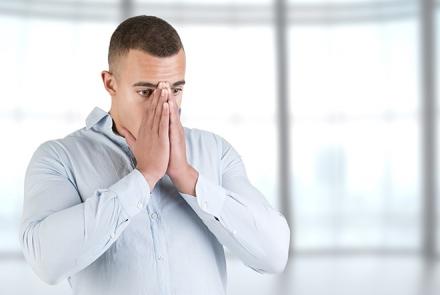
What is anxiety disorder
Everyone feels anxious at some points in their life. But the anxiety passes once the stressful situation is over. For people with anxiety disorder, the feelings of anxiety are ongoing and don’t subside. They cause great distress and get in the way of them leading a normal life.
As many as 450 million people suffer from this disorder and nearly 1 million people commit suicide every year. 1 in 4 families worldwide is likely to have at least one member with this disorder. Fifty percent of those who develop this disorder have developed it by the age of 11 and 80% have developed it by age 20. It is more common in women than men.
Anatomy of anxiety
Anxiety disorders appear to be caused by an interaction of biopsychosocial factors, including genetic vulnerability, which interact with situations, stress or trauma to produce clinically significant syndromes. The feeling is thought to arise in the amygdala, a brain region that governs many intense emotional responses. As neurotransmitters (adrenalin and noradrenalin from the adrenal glands on the kidneys) carry the impulse to the sympathetic nervous system, heart and breathing rates increase and blood flow is diverted from the abdominal organs to the brain. In the short term, anxiety prepares us to confront a crisis by putting the body on alert.
But its physical effects can cause light-headedness, nausea, diarrhoea and frequent urination. And when it persists, anxiety can take a toll on our mental and physical health.
What causes anxiety: http://www.patientsengage.com/conditions/anxiety-disorder/causes-risk-factors
Signs and Symptoms of anxiety: http://www.patientsengage.com/conditions/anxiety-disorder/signs-symptoms
Different types of anxiety: http://www.patientsengage.com/conditions/anxiety-disorder/types-stages
Diagnosis and Tests: http://www.patientsengage.com/conditions/anxiety-disorder/diagnosis-tests
Treatment options for anxiety disorders: http://www.patientsengage.com/conditions/anxiety-disorder/treatments
Can anxiety be prevented: http://www.patientsengage.com/conditions/anxiety-disorder/prevention
Managing anxiety: http://www.patientsengage.com/conditions/anxiety-disorder/management

